
HSE University Announces Four Master’s Degrees on Coursera
Degrees in business, technology, and data science will enable students around the world to prepare for the jobs of tomorrow. HSE University and Coursera today announced four new online degree programmes at global higher education conference, eSTARS. With upcoming English-language master’s programmes in business analytics, computer vision, data and network analytics, and finance, HSE now has five fully online degrees on the Coursera platform.

HSE University Master’s Programmes to Follow New Educational Standard
The University Academic Council has approved a new educational standard for HSE Master’s programmes, the main feature of which is an higher degree of student freedom and flexibility se in student choice. Master’s programmes may consist of several tracks, each overseen by an academic track supervisor—a new key figure in the educational process.

‘I Found Almost All of the Materials I Needed to Prep for the Interview in the Master’s Programme Courses’
As a student of the first cohort of the HSE Master of Data Science online programme, Alexey Babenkov not only gained new knowledge but also used that knowledge to find a new job. He told HSE News Service how his online studies are organised, described the advantages of remote learning and explained which courses are especially useful.

eSTARS 2020 Conference to Discuss Education in the Context of Global Digitalization
Jointly organized by HSE University and Coursera, the international eLearning Stakeholders and Researchers Summit (eSTARS 2020) will be held from December 1 – 2, 2020. It will be the third time the organizers bring together international stakeholders from governments, the academic community, busines, as well as researchers and experts to discuss the present and future of online education.
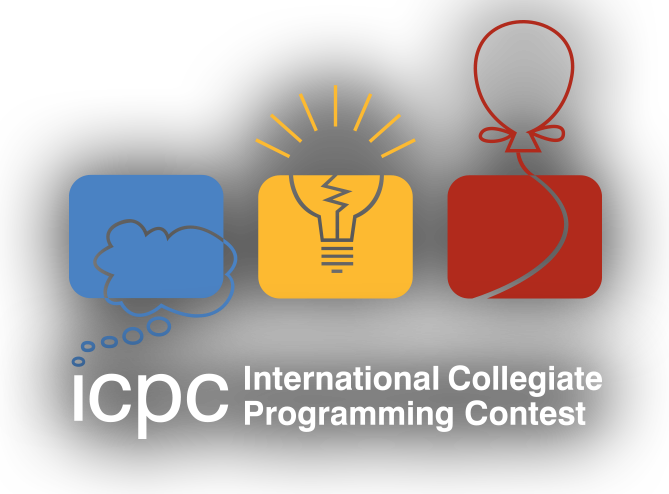
Students of HSE Faculty of Computer Science Win the Quarter Finals of the World Programming Championship
Third-year students of the Bachelor’s Programme in Applied Mathematics and Information Science Ivan Safonov, Ramazan Rakhmatullin, and Maxim Gorokhovsky won the Moscow Regional Contest—the first qualifying round of the international student world programming championship ICPC 2020/2021. In total, 45 HSE University took part, with 30 of them receiving certificates of various degrees.

New Programme Allows Foreign Scholars to Teach at HSE Remotely
Thanks to a recently launched programme for visiting scholars, HSE University will host a large number of international scholars and scientists who will teach or conduct research at HSE. In the 2020/21 academic year, about a hundred colleagues from foreign universities will work remotely at HSE under civil law contracts. HSE First Vice Rector Vadim Radaev told the HSE News Service about the new programme.
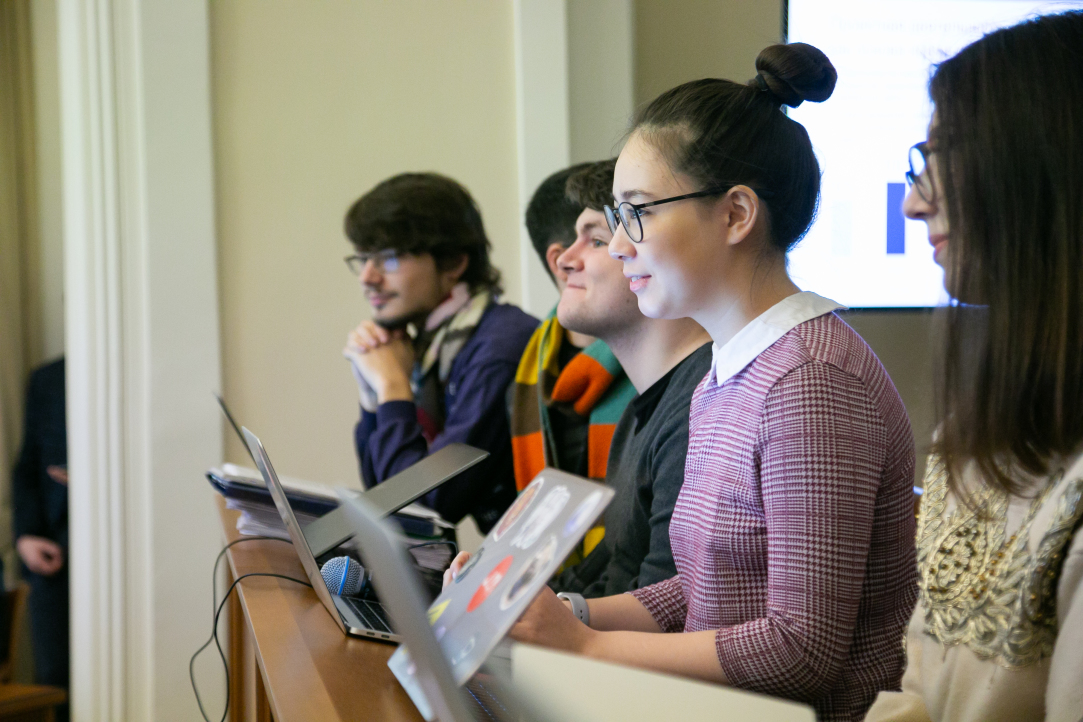
45 Students Admitted to HSE’s New Combined Master’s-PhD Track
HSE University’s new combined Master’s-PHD track programme received 212 applications from first-year master’s students this year. Of these, 45 students were admitted to the track to study at a combined total of 17 doctoral schools at HSE. The combined Master's-PhD track, which was launched just this year, provides a new form of support for students who study in state-funded slots and intend to pursue careers in academia.
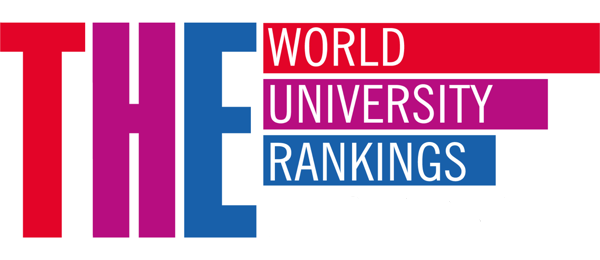
HSE University among Top-5 Russian Universities on THE Reputation Ranking
International experts have recognised Harvard University as the best in the world in terms of reputation. Moscow State University was ranked 37th, while HSE University entered the Times Higher Education (THE) World Reputation Rankings 2020, within the 151-175 range, taking fifth position among Russian universities, showing a commendable result for such a young institution.
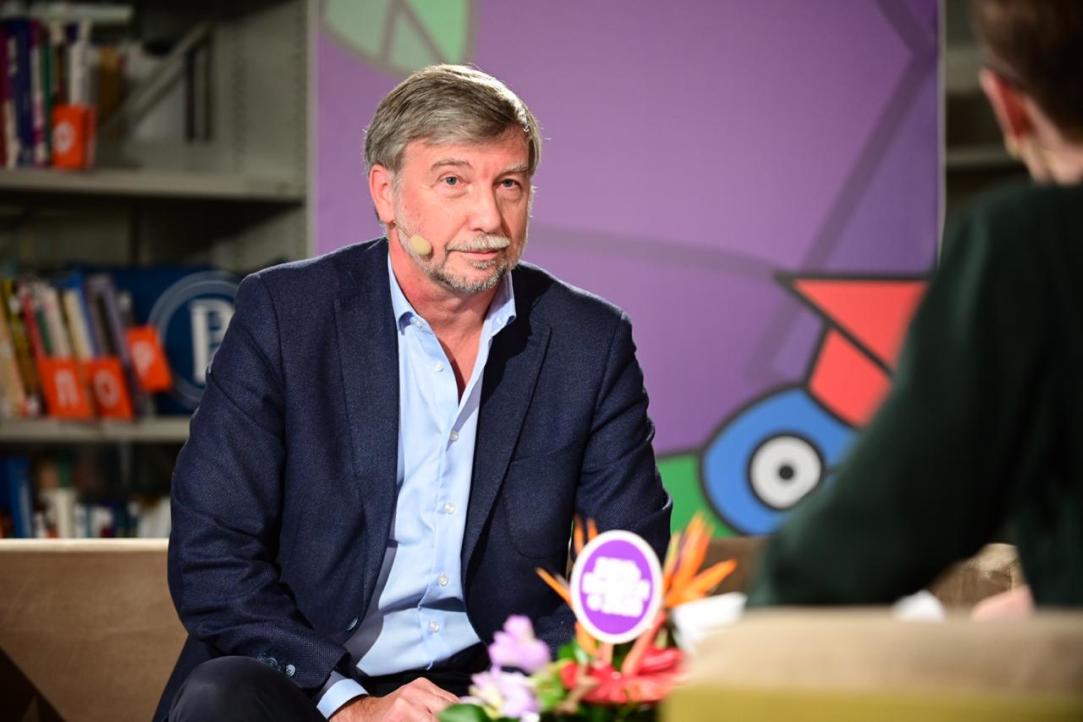
Terra Incognita No More
Dr Sergey Roshchin serves as Vice Rector with responsibilities in development and implementation of degree programmes, continuous education, and eLearning. He also heads the Laboratory for Labour Market Studies. Dr Roshchin shared with The HSE Look his thoughts on the development of HSE as a digital university.
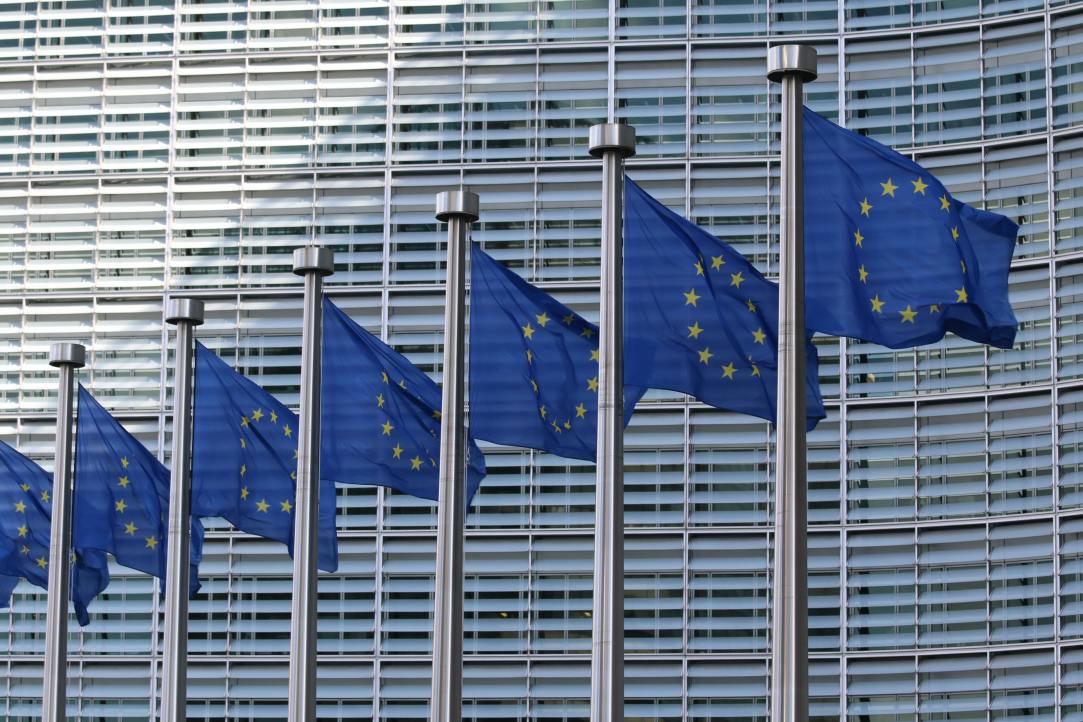
Second EU Model to Take Place at HSE University in St. Petersburg in November
This year, HSE University’s EU Model game and conference will be an intercampus event that will be held online. The organizers are confident that the event will attract students in Moscow, Nizhny Novgorod, and Perm who are interested in European policy, EU law and international relations.


Submission Deadline: December 20, 2025